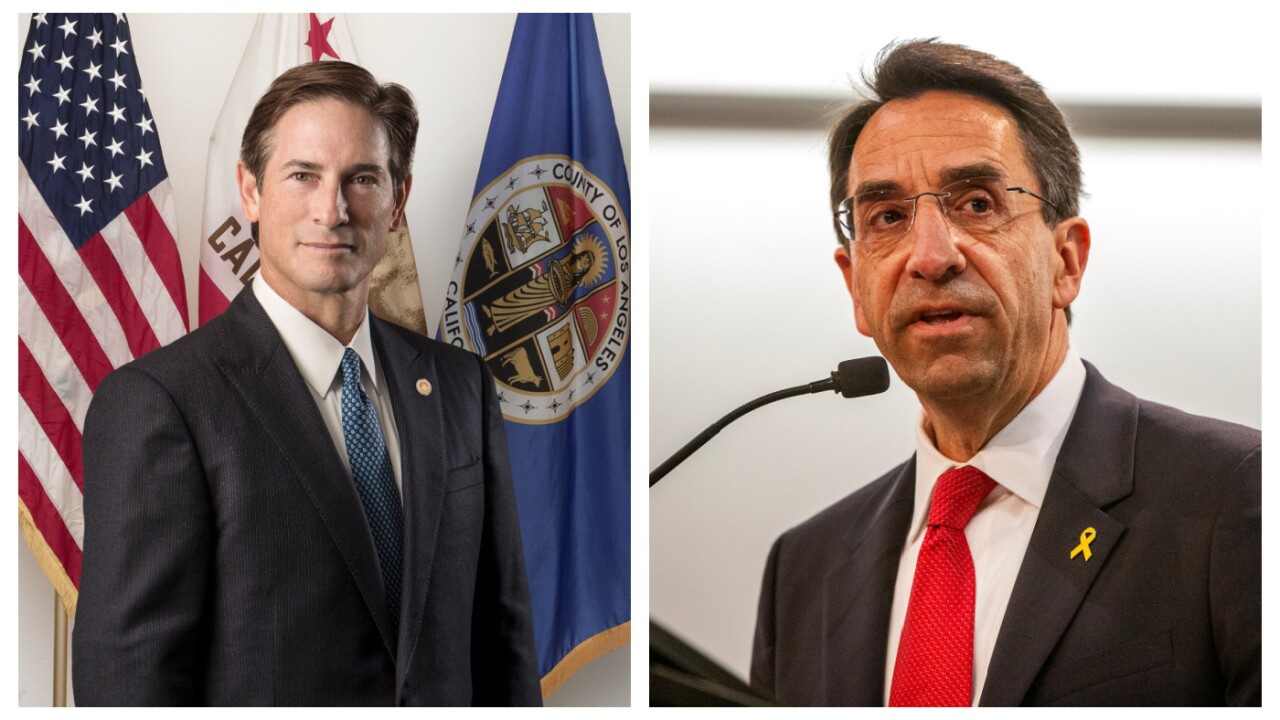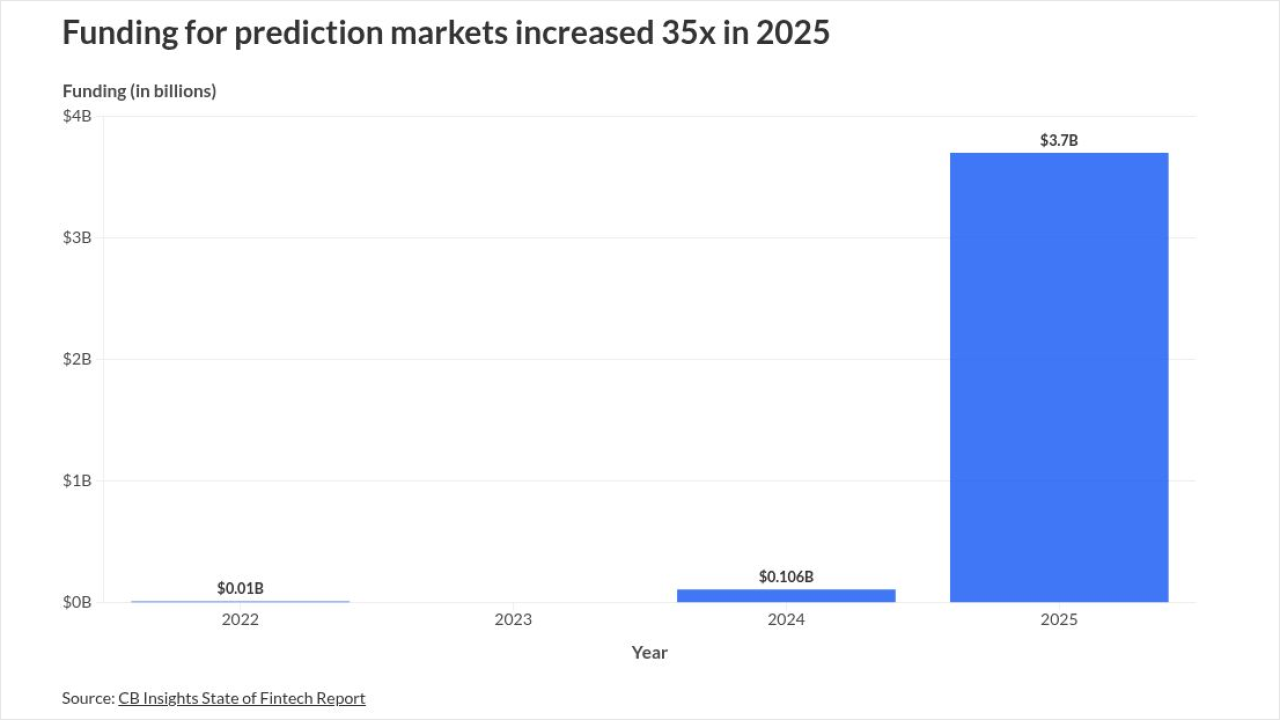ALEXANDRIA, Va. – NCUA is working with bank regulators on a proposal that would realign the way big credit unions award annual bonuses to top executives, tying their compensation to the long-term performance of the credit union.
The FDIC will be the first agency out of the block with the proposal that big banks retain at least half of the bonuses paid to top executives for at least three years in order to realign the executives’ performance with the long-term performance of their institutions. Under the FDIC proposal, if losses occur the bank would have to adjust the deferred bonuses.
The FDIC is expected to issue the proposal for public comment today.
NCUA and the other financial regulators are drafting their own proposals based on provisions of the Dodd-Frank Financial Reform Act that bar excessive pay incentives or those tied to “inappropriate” risk taking.
The rules will be applied to top executives of institutions with more than $1 billion in assets, which includes about 175 credit unions. Those credit unions must report executive compensation information to NCUA to allow the agency to determine if the compensation arrangement is “excessive” or could cause a material loss. But because NCUA is coordinating its rule with the bank regulators, similar curbs on short-term bonuses are expected to be part of the credit union rule.
The regulators, including NCUA, FDIC, SEC, the Federal Reserve, Office of Thrift Supervision, Office of the Comptroller of the Currency, and Federal Housing Finance Agency, the regulator for Fannie Mae, Freddie Mac and the Federal Home Loan Banks, must implement executive compensation rules within nine months of implementation of Dodd-Frank.





